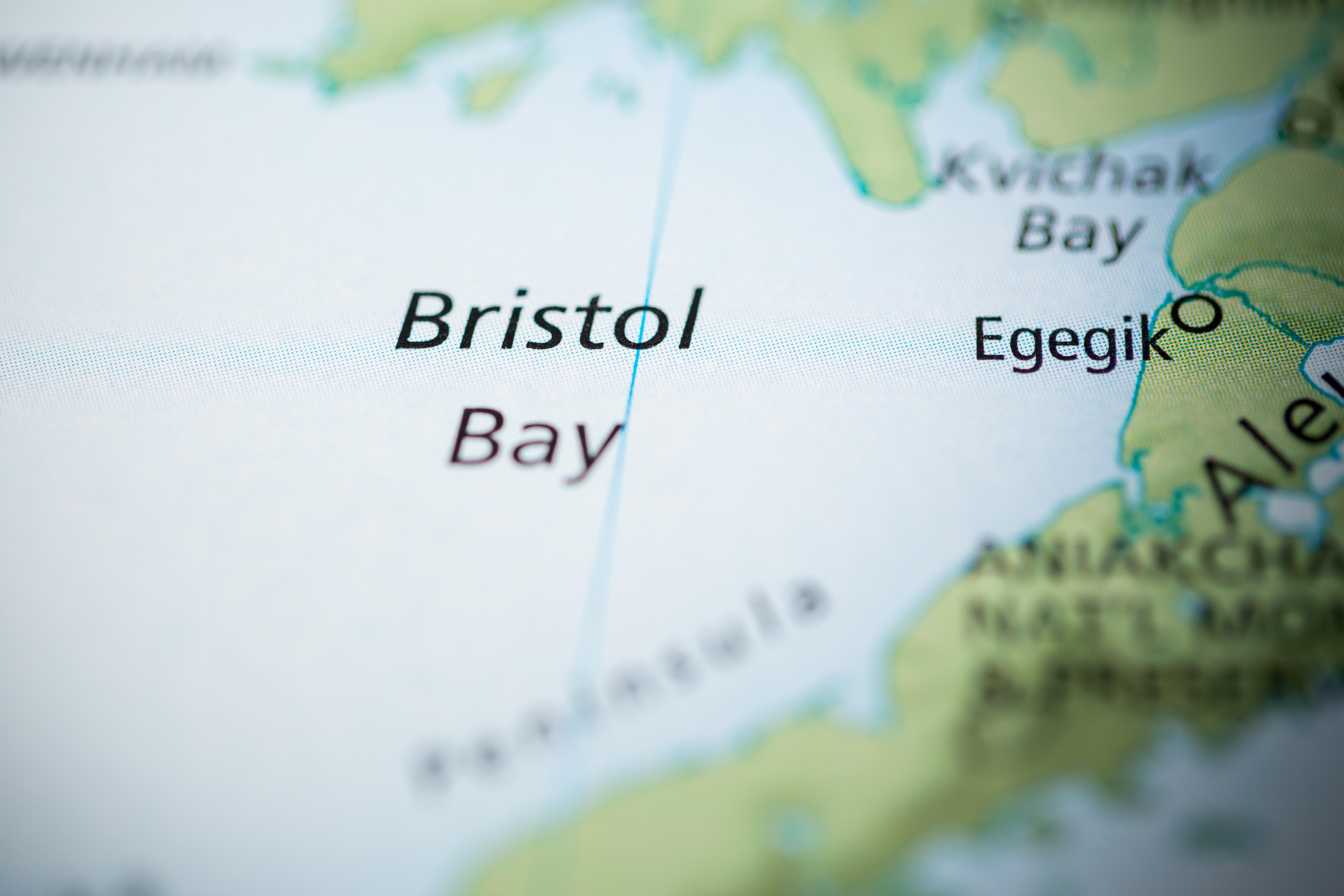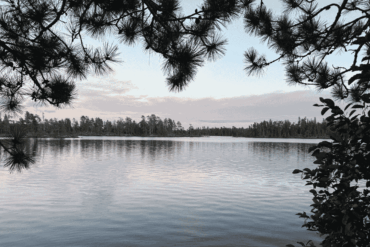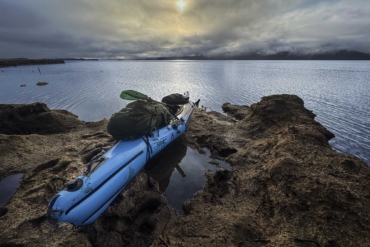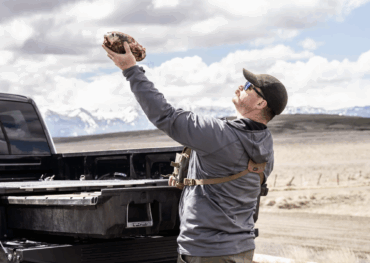After a 3-year review process, the Trump administration has all but killed a proposed copper-molybdenum-gold mine near Alaska’s famed Bristol Bay watershed.
Today, the Army Corps of Engineers (USACE) made public the denial of Pebble Limited Partnership’s Environmental Impact Statement.
Although the USACE denied the permit, a 60-day appeal window remains open for Northern Dynasty Minerals’ Pebble Limited Partnership. And the small Canadian company plans to pursue that appeal.
Still, Indigenous Alaskans, conservation groups, bipartisan political leaders, and private citizens find cause for celebration in the recent decision, which — if upheld — looks to protect one of the world’s largest and most productive salmon fisheries.
Proponents of the mine, on the other hand, see a missed opportunity for capital gain in an area rich with mineral deposits.
Controversy: Alaska Pebble Mine Denied
“For the United States to turn its back on an opportunity to develop these minerals here at home in a manner that U.S. regulators have agreed is environmentally safe and responsible, and to do so for purely political reasons, is not just short-sighted, it’s self-destructive,” said Ron Thiessen, president and CEO of Northern Dynasty.
However, the USACE maintains it abstains from political decision-making, instead issuing its decisions based on sound science.
According to its public statement, the USACE “determined that the applicant’s plan for the discharge of fill material does not comply with Clean Water Act guidelines and concluded that the proposed project is contrary to the public interest.”
The agency found that a 20-year mine would cause significant degradation to the ecosystem. In fact, executives pushing for the mine’s approval were heard on secret recordings saying the mine had the potential to be mined for 180 years — far beyond the 20-year maximum Northern Dynasty promised on its permit application.
Bristol Bay Fishery: Cultural, Economic Force

The Bristol Bay fishery itself is not small business; it is, in fact, a booming industry for both commercial fishing and recreational use. Commercial fishing alone brought $306.5 million to the area in 2019. And on an important cultural note, Bristol Bay’s five species of salmon are the main subsistence food for Indigenous communities in the region.
“Today, we celebrate the appropriate action taken by the USACE in finally acknowledging this underlying truth: Pebble’s proposal is too toxic for our region and cannot be built without devastating the environment that sustains our cultures and communities,” said Robert Heyano, board president of the United Tribes of Bristol Bay. The UTBB represents the Yup’ik, Dena’ina, and Alutiiq tribes of the region.
Additionally, hunting and fishing conservation groups, environmental groups, and private citizens consistently lent their voices to the cause against the mine’s proposal. Outdoor brands publicly against the project include Patagonia, Orvis, Simms Fishing, Echo Fly Fishing, Fishpond, Redington, Sage, and more.
“Hunters, anglers, commercial fishermen and communities across Alaska agree that the consequences of developing Pebble Mine would be ruinous,” said John Gale, conservation director for Backcountry Hunters & Anglers. “The Army Corps of Engineers’ rejection of Pebble Mine’s permit application puts science over politics and is a critical acknowledgment by the administration that this is simply an irresponsible mine in the worst possible place.”
Call for Permanent Protection

For those who see today as a cause for celebration, many groups called for permanent protection of this vital and dynamic watershed, including Trout Unlimited, Backcountry Hunters & Anglers, the Theodore Roosevelt Conservation Partnership, and the National Resources Defense Council, among others.
“Our work is not done,” Heyano said. “We will continue to advocate for permanent protections for Bristol Bay until we are sure that our pristine lands and waters will remain intact for our children’s children and all future generations. A big ‘quyana’ to all those who have worked to stop this toxic project and to those who will continue to fight for Bristol Bay.”







